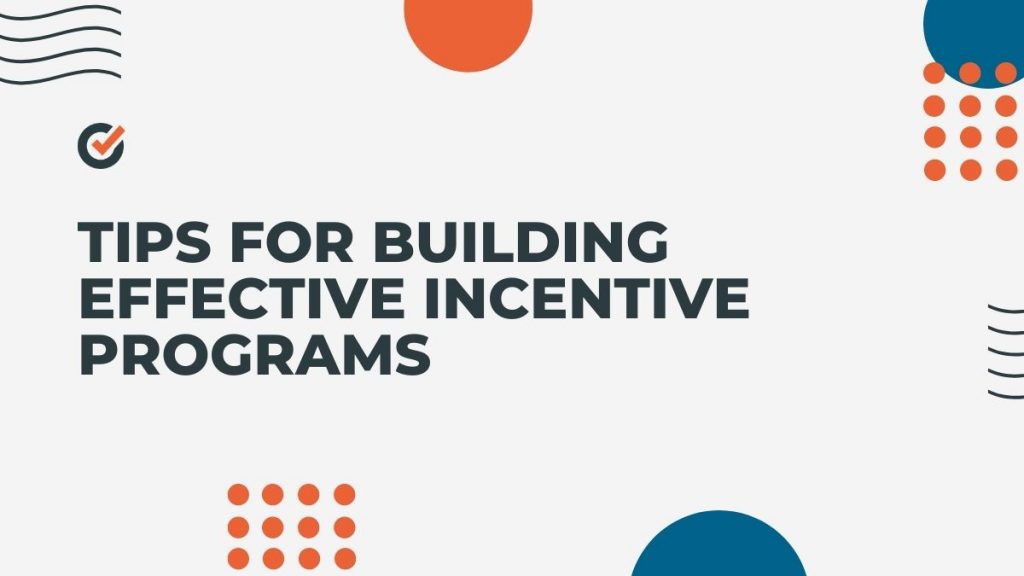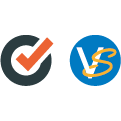
Make a customer, not a sale.
Katherine Barchetti is absolutely right about this, so it’s a good idea to reframe our perspective on closing and winning deals. Landing a sale is a challenging process that requires a lot of research, time, and effort, but keeping your customer is even more difficult than get them to make a one-time purchase.
And let’s not forget that loyal customers significantly contribute to your bottom line as they spend 67% more than the new ones.
Customer experience plays a crucial role when it comes to building long-term relationships, meaning that you should pay equal attention to post-purchase activities and reward your loyal customers.
If the title of this article sounds a bit ambiguous and not too revealing regarding what kind of incentive programs we’ll discuss – customer or salespeople, there’s a reason for that.
The thing is that you’ll achieve the best result through the synergy of both. In other words, by taking a collaborative approach and building strong relationships between B2B customers and sales teams, numerous opportunities for mutual growth can be generated.
The goals of your sales team and your customers are somewhat similar, and you should engage both groups, motivate them, and connect them to your brand.
Here’s how incentive programs can help you keep your customers and your top sales performers.
Align Goals by Incentivizing KPIs
Key performance indicators play an important role in the success of your incentive program.
In this case, KPIs are behaviors that can be observed, analyzed, and measured, meaning that you can monitor the success of your incentives and tweak them if necessary.
But, the problems arise if you observe these KPIs separately, that is when you don’t have an insight into whether they reflect a positive outcome for both your customers and sales team. In other words, if your sales reps are only incentivized and motivated to close as many deals as possible, they won’t be focused on following up with the existing customers. They mainly prioritize chasing after the fresh, hot leads so that they can hit their quota.
Such an approach means that they won’t have enough time and motivation to follow up with your existing customers and see how they can upsell. Instead of that, they will perceive this only as their side activity and will perform it only for the sake of it. In practice, this means your sales reps will push add-ons and new features unselectively – regardless of whether these upgrades are relevant to your existing customers.
In order to prevent this, you should see the whole picture and reward your sales reps for their successful upsells.

Reward a Slightly Different Sales KPIs Too
Some of the most important factors B2B customers used to pay attention to in the past were the cost, features, and deliverables. Modern B2B customers are also concerned with these, but it’s doing business with companies they trust and share values with is what makes them tick.
Personalization is another key factor that today’s customers expect, and if you want to make their customer experience memorable, encourage your sales reps to be responsive and helpful, as well as to provide expert and hands-on consultations to your customers.
It’s clear that we’re not talking about the numbers game here and that quality plays a more important role than quantity.
Incentivize your sales reps when they’re more available to your customers, when they reduce response times, and when they regularly follow up. All these factors will tremendously improve customer experience, and subsequently, your bottom line.
Monitor Customer KPIs
You can use certain KPIs to incentivize your customers, and in turn, make things easier for your sales reps and help them succeed.
For example, you can choose to reward your customers for their loyalty, the size of their order, or purchasing specific products. Such an approach will make it possible for your sales team to achieve their sales performance goals more quickly and easily.
Think about building a customer loyalty platform that will allow your customers to interact with your brand in real time, learn more about it, and communicate with your salespeople or support reps. By combining an omnichannel experience and a positive emotional impact of rewards, you’ll engage your customers and prompt them to purchase from your more often.
There’s another way to help your sales reps hit their sales performance goals by incentivizing your customers to share more detailed marketing data when they’re filling forms or invoices. These additional insights can be integrated into your CRM and used by your sales reps in order to provide personalized service and offers, as well as establish more meaningful relationships with their customers.

Which Incentives Work Best?
When it comes to rewarding your sales reps, there are several incentive models you can use.
Cash-based incentives are pretty common, and you can choose to reward your reps monthly, quarterly, or annually. Make sure to include the KPIs we discussed, and compensate your salespeople based on a specific set of predefined goals. Don’t cap your commissions because that way, you’ll fail to motivate your sales reps to push harder. While it’s true that this way you won’t have to pay large bonuses, this practice also limits potential new avenues of revenue.
Non-cash rewards such as trips, memberships, gift cards, or event tickets can be an excellent way to keep your sales reps motivated and reinforce your company culture. Such incentives are more personalized than cash because they show you know what your employees like.
As for customer incentives, you can offer them access to new features, free trials for your upcoming products or services, as well as free invites for exclusive events. The point is to make them feel special and add value. For instance, if you’re offering custom t-shirts, gauge their interest in personalized designs or bulk orders. Understanding if they want to sell them on Amazon or their own website and their preferences can help you tailor your approach and increase the chances of a successful conversion. Again, understanding their needs and preferences is crucial because offering rewards just for the sake of it is useless.
On the other hand, giving them something they actually need and will use is an entirely different story that will improve your relationship and build loyalty,
Building effective incentive programs for your customers and sales reps will help you minimize churn and turnover, respectively, and help your company thrive. It’s a big investment both in terms of money and effort, but at the same time, it will bring you loyal customers and employees, both of which are essential for generating profit consistently.



Leave a Reply
You must be logged in to post a comment.